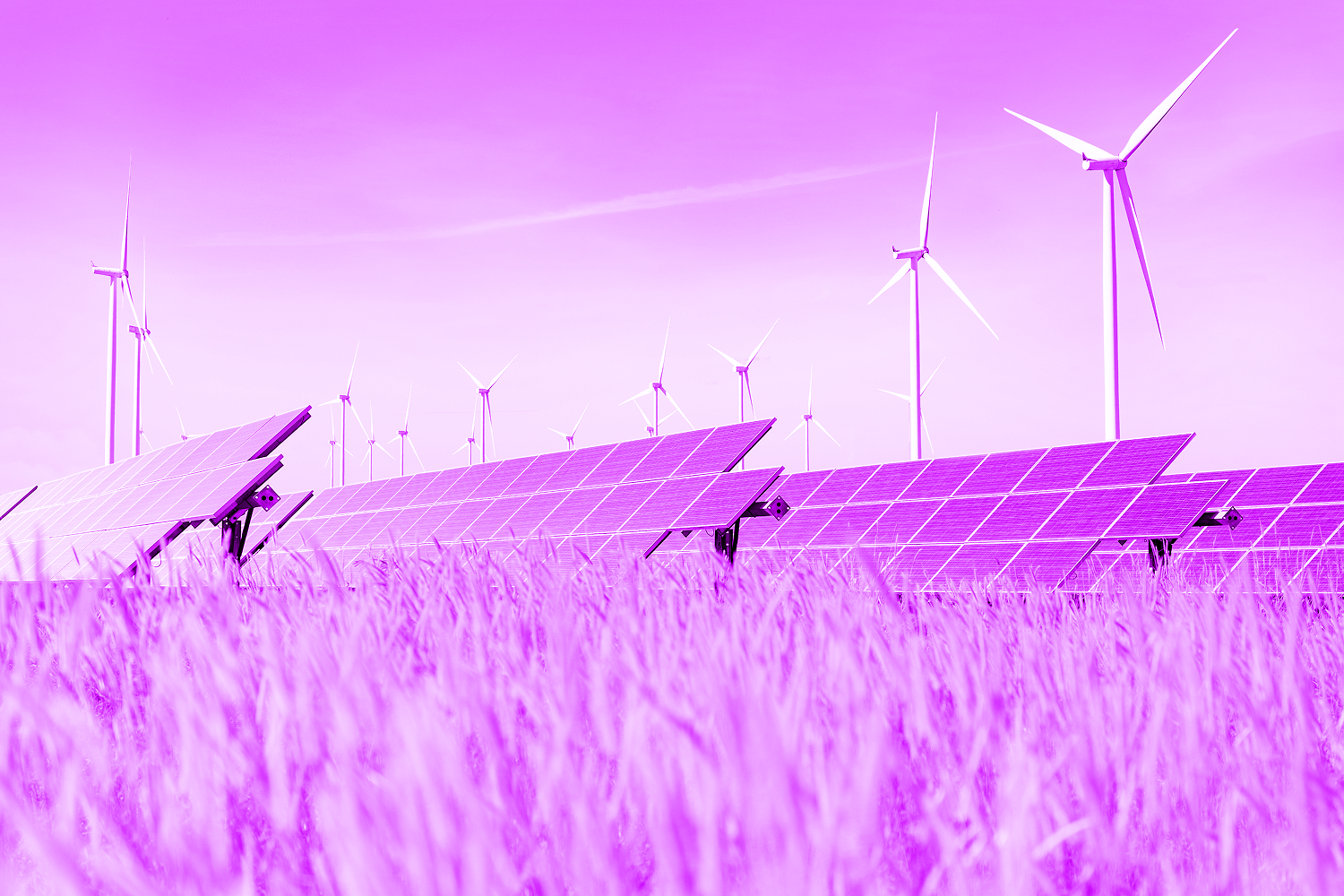Cue the trumpets: Solar and wind power outpaced growth in electricity demand in the first half of 2025, according to the data-crunchers at the energy thinktank Ember. Despite the U.S. burning more fossil fuels, drops in coal- and gas-fired power plant use in China and India (the world’s other top emitters) helped tip the scales. “It’s necessary that we celebrate what we can when we can,” Bill McKibben wrote of the milestone, “But not because this is a fait accompli—instead, because celebrations along the way give us new strength to push harder for faster change. Which we desperately need to do.” You could, for example, advocate locally for policies that speed up solar installations.
Coal may be what’s on order for the Trump administration, but their zeal for the would-be stocking stuffer doesn’t seem to be enough to keep the nation’s aging plants up and running. Just this week, New England’s last coal-fired operation ceased operations three years ahead of schedule, and its owner is looking to convert the acreage into solar panels and battery storage. Meanwhile, the administration’s push to extend the life of a coal operation in Michigan are getting held up by a legal challenge over who, exactly, will have to foot the multi-million-dollar bill to do so.
It’s difficult to create a truly sustainable puffer jacket—OK very difficult. Insulated outerwear usually relies on a variety of materials, chemical coatings to keep things waterproof, and a complex construction that’s tricky to break down and recycle. Everlane appears to have solved these problems. As Fast Company reports, the clothing brand’s just-released Everpuff jacket is made from 100% recycled materials—including polyester and down—and is constructed to be easily dismantled for recycling. The company also offers free lifetime repairs for the jacket and has partnered with Debrand, a circular logistics firm, for take back and recycling services.
In addition to driving us all slowly bananas with their ever-present growl, gas-powered lawn tools are also an emissions nightmare. In 2020 alone, they spewed an estimated 30 million tons of carbon dioxide—roughly equivalent to what the tailpipes of 6 million cars puff out annually. A growing number of cities is now banning one of the biggest autumnal offenders: petrol-burning leaf blowers. USAToday reports that more than 200 jurisdictions have measures in place to nudge out the power tools, ranging from full-on bans to incentives for switching to electric alternatives that cough out zero emissions. Arlington County in Virginia, for one, is considering a year-round ban, and New York lawmakers are pushing for a statewide rebate program.
The federal EV tax incentive is officially kaput, but Tesla just made its own affordability pitch. The company unveiled the Model 3 Standard, a version of its sedan with a sticker price of just $36,990. That’s nearly $20,000 below the EV average and close to $10,000 under the mid-point for a gas-burner. According to InsideEVs, this adds another option for folks weighing a lower-cost car like the similarly priced Kia EV4 or the Nissan Leaf. Depending on where you live, there could also still be more savings on the table: About 15 states currently offer their tax credits on new EVs.

